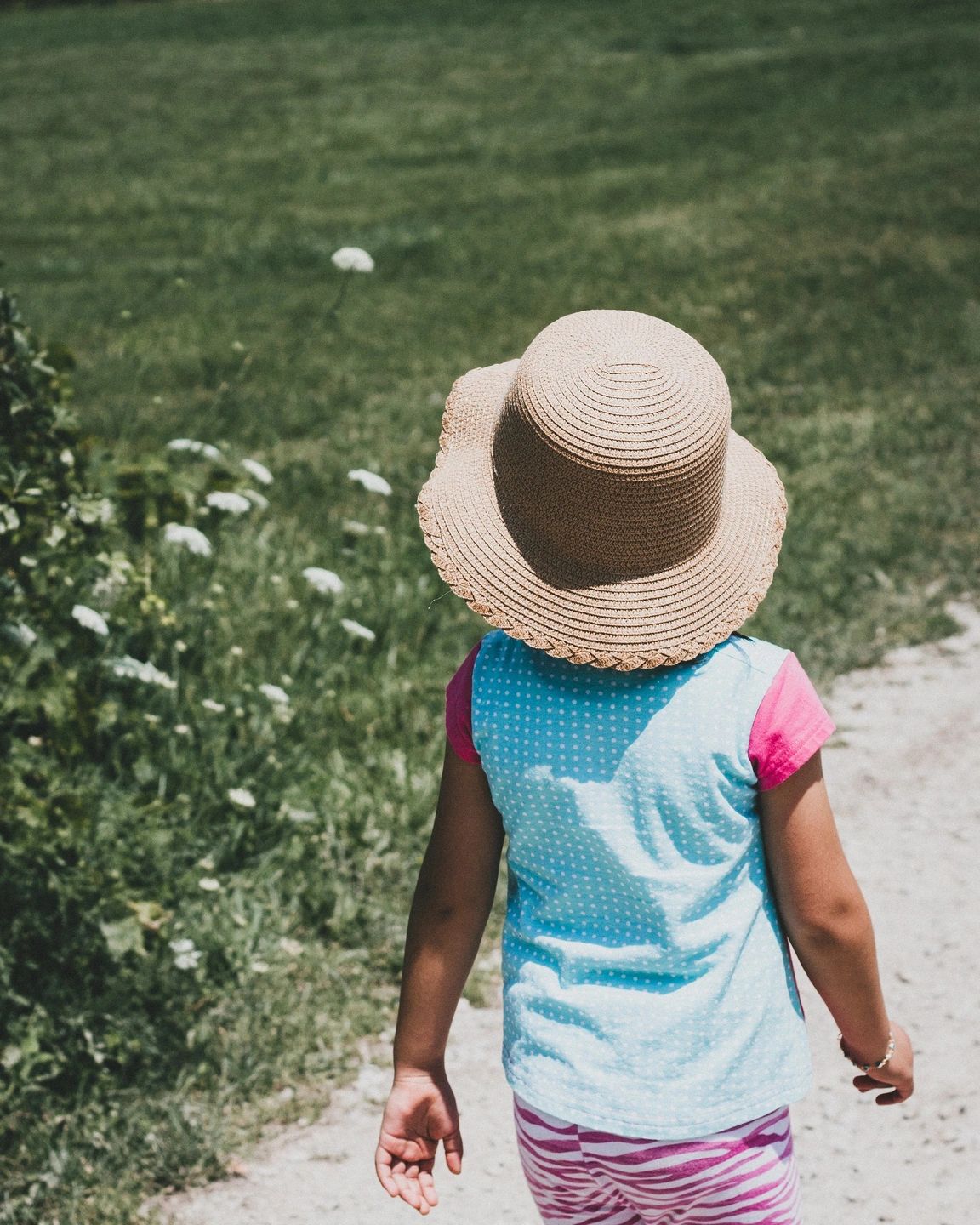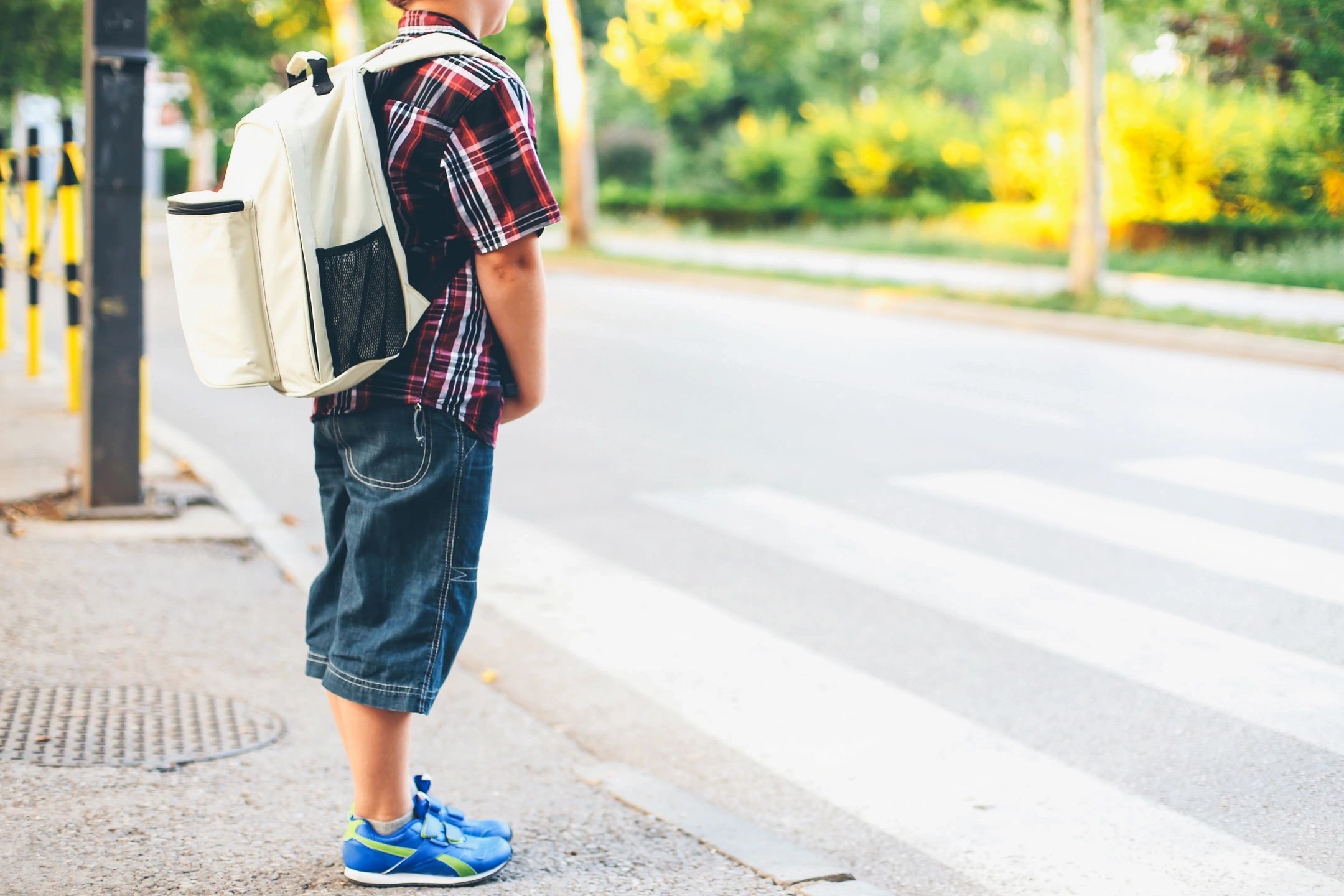How to Keep Children Safe in a World of Unpredictability

For children as well as the adults who care for them, the world may feel more unpredictable than ever.
As caregivers, keeping children safe is our top priority. With some practical preparation and intention, you can help provide stability and security for the kids in your life during uncertain times.
This article shares tips to create consistency and bolster children’s resilience in the face of life’s unpredictability. There are surprisingly accessible and effective ways in which we can internally regulate our well-being. There are also tools to externally manage our safety and state of well-being. Read on to learn key strategies you can start implementing today.
How to Establish Routines and Rituals
What you can do: Simple schedules and routines are a powerful tool
Start small. Begin by setting regular schedules for meals, activities, and bedtime.
Just as adults feel more in control when their daily lives are not full of surprises, kids also gain a sense of security when they know what to expect from day-to-day living. In the routines of children, there is a simplicity that includes daily activities such as playtime and learning, and people and places that are familiar to them. When a child has some sense of what to expect as they move through their daily activities, it instills in them a sense of safety and security.
When we don’t know what to expect, we must remain in a higher state of alertness. Creating as many reliable routines as we can allows us to let down our guard. The same goes for kids as they are navigating their worlds. Routines and schedules are a very simple way to instill self-confidence in small children.
Why it is important: Consistency creates comfort and predictability
When a child is learning to navigate their world they rely on cues from their surroundings. These cues tell them if they are safe, or need to stay alert for the unexpected. They can relax if their environment is safe and predictable. (For example, when they awake, they generally know what they will eat for breakfast, or what choice of clothes they have for that particular day).
Breaking up a routine puts children in a higher state of alert as they must be prepared for the unexpected. (Examples are a parent traveling for work, or a substitute school teacher standing in for the day). We all deal with disruptions to routine, and this builds resiliency. However, a schedule without routines, or a chronic level of unpredictability can have a long-term impact on a child’s development and mental well-being.

How to Cultivate Calm and Understanding
What you can do: Model emotional regulation and coping skills
Adult caregivers are the first line of defense against the turbulence children sometimes experience in an unpredictable world. By integrating coping strategies in their own day-to-day activities, adults are modeling behavior to children that will help them to cope when they are left to make decisions on their own because the adult caregiver is not around to guide them.
Emotional regulation is simply an ability to regulate one’s moods. Disregulated moods are a lack of control over one’s own behavior, and how they project themselves to the outer world. When an adult becomes easily frustrated, raises their voice, or fails to implement patience with children, they telegraph these behaviors to the children. Adults can easily implement these tools for themselves while also teaching the kids in their lives coping skills. It’s never too late to learn!

How to Teach deep breathing, meditation, “calm down” strategies
All adults are prone to frustration and heck, some of us can be known to have tantrums of our own. Practicing calm means that we accept that we are all human. We often need to remind ourselves there are tools to integrate into our daily lives that can help to keep us calm, many of which are simple and free. That calm is then modeled to the kids in our lives and they subconsciously pick up on these useful tools and begin to self-regulate.
Breathing
It is scientifically proven that deep and regulated breathing calms the nervous system. It can be as simple as pausing and focusing for a few minutes on breathing. One of my favorites is “boxed breathing” (also known as “square breathing“) because the effect is instantaneous and it’s easy and fun for kids to learn. I use this technique with myself and my teenagers. A friend once called me from their car, in shock over having just averted a major accident. I immediately implemented boxed breathing and listened to them calm down in real-time.
Simply put, regulating the breath is a message to the body (nervous system) that it is safe and calm. This momentary sense of calm allows the brain to kick in and better assess the “threat” that is causing them to be upset. The breath then works with the body in a feedback loop that results in the body calming down.
Meditation and Mindfulness
Meditation can also be a simple mindfulness exercise, where we remind ourselves to be in the moment and space that we occupy, rather than worrying about the past or what may happen in the future. Simple strategies like these can be done daily with kids, and the ability to calm oneself can be very empowering to children when so many other elements of their world feel beyond their immediate control.
One of my favorite activities with children is to distract them by naming objects. “What is this? This is a book. What is this? This is a table. What is this? This is a cup…” The idea is to draw the attention of the child away from whatever is upsetting them, to something that is present and easy to comprehend. After a few minutes of “naming objects,” it can be remarkable to witness the calm set in while the child becomes immersed in the simple exercise.

Foster Open Communication
Encourage kids to share thoughts and feelings
The first step toward communication is creating a space where it is acceptable to show emotion and share feelings. Let the kids in your life know that you are listening to them, you understand they have feelings and you want to know what they are. Simply listening is a great first step toward fostering open communication.
Listen attentively and validate their emotions
Sometimes you do not have to offer to help, advise, or fix a concern the child has. By listening to them, you are validating their feelings and in turn their existence.

Explain world events at a developmentally appropriate level
Be prepared for questions. Remember children have more access to information than at any other time in human history. Even at young ages, they have concerns as they navigate their world. Do not overexplain, or offer more information than is necessary. Create a space that sends the message that you are listening to them and you value their concerns and input.
Conclusion: Even when the outward world is relatively calm, life will always bring unexpected twists and turns. The better prepared we can be to deal with these ups and downs, the more manageable they will be when the time comes.
With preparation and compassion, we can equip kids to handle uncertainty. The first step toward creating inner calm in children is to project outward calm in ourselves as the caregivers and adults in their lives. Consistency, emotional intelligence, and communication give children the tools to thrive in life’s ups and downs.





